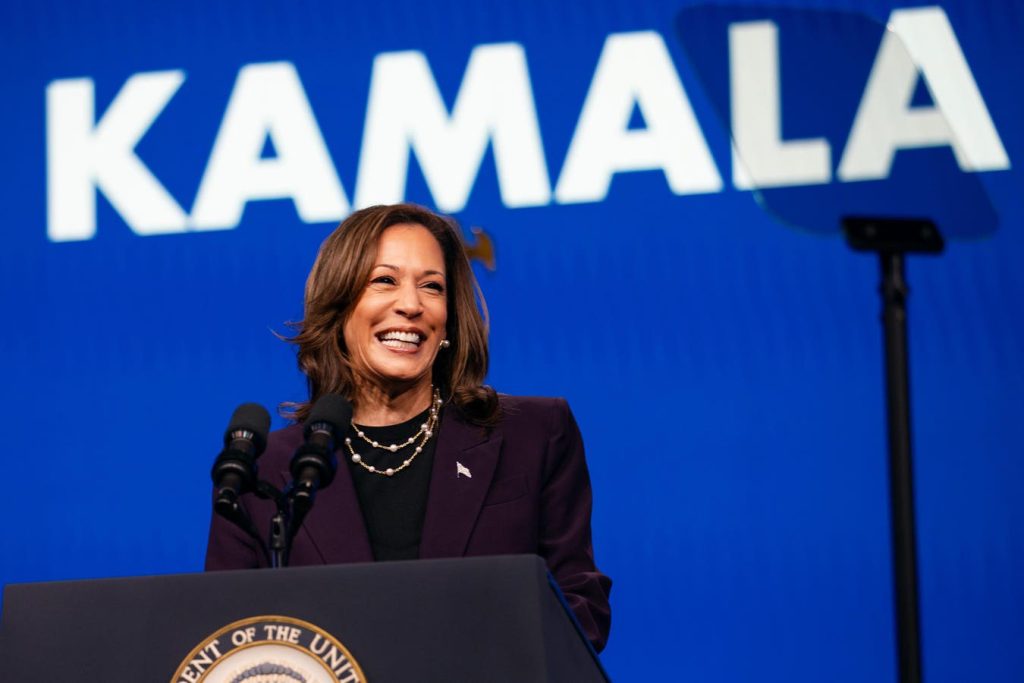The sudden emergence of Vice President Kamala Harris as the presumptive nominee for the Democratic Party’s 2024 presidential ticket has caused a stir in the race and has business leaders and foreign investors wondering what a potential Harris administration might mean for the United States’ investment environment. While there is not a clear record or significant past interest in trade and investment by Harris to analyze, the general expectation is that she will continue many of the Biden administration’s policies. This includes the Investing in America initiative, aimed at encouraging private sector investments, revitalizing domestic manufacturing, and generating high-quality jobs.
Harris has reportedly been meeting regularly with business leaders in Washington, D.C., and those who have met with her expect her to continue most current economic policies. The Biden administration has been successful in encouraging inward investment, with initiatives like the CHIPS and Science Act and the Inflation Reduction Act helping to spur an influx of FDI into the United States. These acts offered tax credits and incentives for domestic semiconductor production and U.S.-manufactured clean energy technology products, respectively. Harris is expected to carry on these policies and continue to focus on environmental protection and clean energy initiatives.
A recent survey of senior executives at international companies showed that foreign investors remain optimistic about the United States as an investment destination. However, concerns are mounting, particularly regarding proposed changes to the corporate tax rate and the politicization of cross-border investment reviews. Companies fear that these changes could impact their operations and future investment decisions. Additionally, regulatory challenges and protectionist policies like the Buy America procurement rules and tariffs on Chinese imports are contributing to a cautious outlook.
In the 2020 Democratic primary campaign, Harris suggested raising the corporate tax rate from 21% to 35%, while Democrats are expected to seek an increase to 28% next year as Trump-era tax laws expire. U.S. policy for screening inbound foreign investment has been moving towards tighter oversight in recent years, especially concerning Chinese investment, a trend that is likely to continue regardless of the winner in November. The Committee on Foreign Investment in the United States is responsible for evaluating the national security implications of inbound foreign investments, and it is expected that Harris’ approach to CFIUS will not be significantly different from previous administrations. However, key appointments in a new administration could affect policy decisions related to foreign investment.
In contemplating a potential Kamala Harris presidency, experts predict a “business as usual” approach similar to the Biden-Harris administration. The Investing in America initiative is expected to continue, focusing on encouraging private sector investments, revitalizing domestic manufacturing, and creating high-quality jobs. Harris has shown a strong focus on environmental protection and clean energy initiatives, which have been reflected in policies like the CHIPS and Science Act and the Inflation Reduction Act. Additionally, foreign investors remain optimistic about the United States as an investment destination, but concerns about proposed changes to the corporate tax rate and regulatory challenges are causing some uncertainty. Overall, it is expected that Harris will continue many of the economic policies put in place by the Biden administration, with potential adjustments based on key appointments in her administration.


